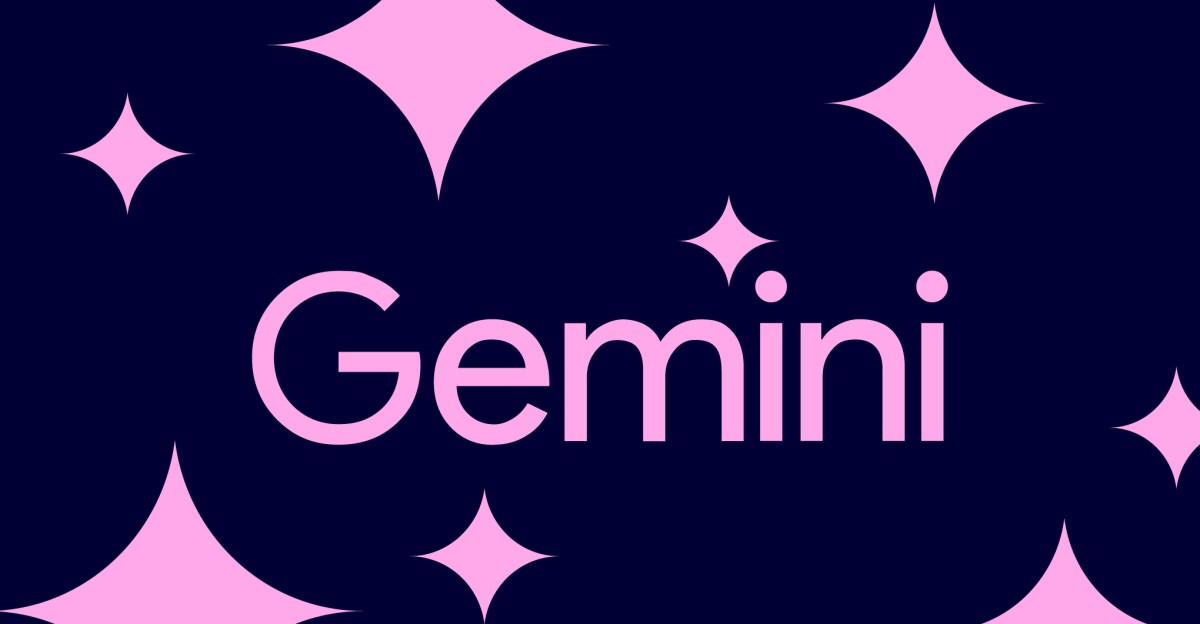Parents, Beware: Google's Gemini AI Set to Unleash Digital Playground for Kids

Understanding Gemini: Embracing AI's Imperfections
Like any advanced technology, Gemini is not infallible. While incredibly powerful and sophisticated, it can occasionally generate responses that are inaccurate, incomplete, or slightly off-target. These potential mistakes are a natural part of AI's ongoing learning and development process.
Users should approach AI interactions with a critical and discerning mindset, always verifying important information and understanding that AI models, no matter how advanced, are tools designed to assist rather than replace human judgment. Gemini's occasional errors are not a weakness but a reminder of the complex and evolving nature of artificial intelligence.
By acknowledging these limitations, we can more effectively leverage Gemini's capabilities while maintaining a balanced perspective on its performance and potential.
